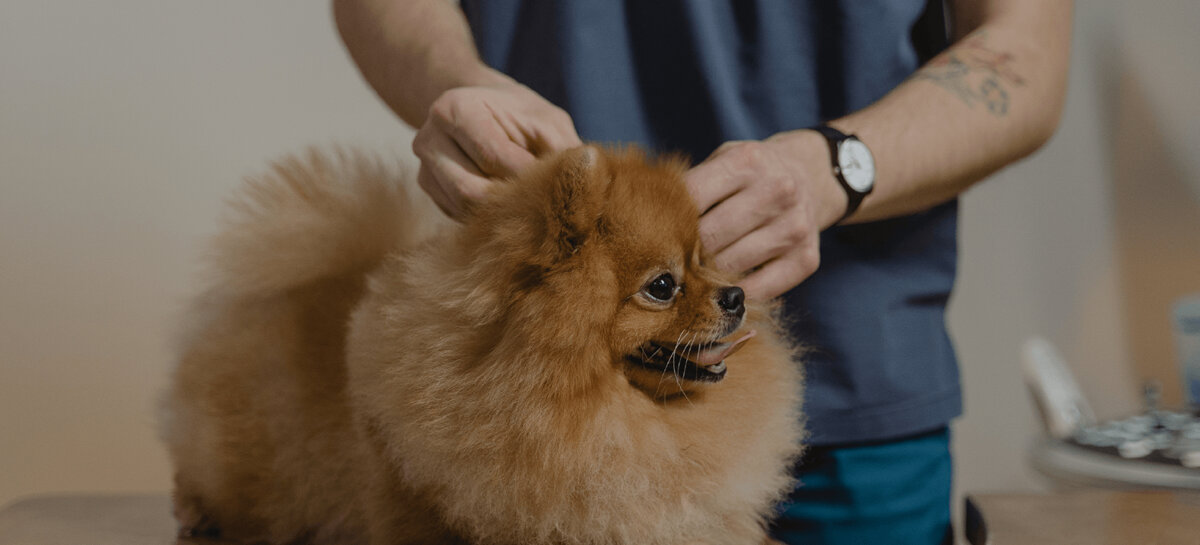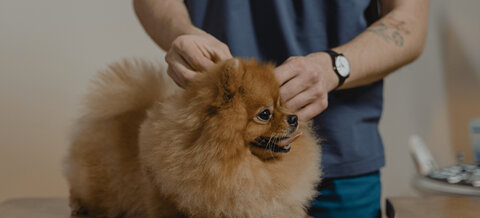Do I have to register my pet’s microchip?
Yes, this is critical otherwise we have no idea who owns the pet that the microchip was inserted.
Registration of a pet’s microchip means we can access your contact details in the national database if your pet is found or injured and brought into a vet clinic or an animal shelter, as they will get scanned for a microchip upon arrival.
How do I register my pet’s microchip?
When your pet is microchipped, you will be given their chip number. Enter that into the Companion Animal Register, the national pet database, along with your home address and contact details.
Check with your vet if they do this on your behalf or do it yourself here https://www.animalregister.co.nz/
When do I need to update the microchip register?
You only need to register your pet’s microchip once. However, you need to update it when:
- you move house and change your address
- change phone number or email
- re-home or change pet ownership
This will ensure your pet is returned to you as soon as possible or treated quickly if found injured.
What are the benefits of microchipping?
Collars and tags can fall off or be removed, but a microchip is a unique and permanent identifier for the lifetime of your pet. The many benefits include:
- Linking a pet to their owner so they can be reunited, giving you peace of mind
- Provide proof of ownership during a dispute
- Help identify dangerous or menacing dogs
- Faster veterinary treatment if your pet is found and brought into the clinic after an accident
- Prevent unwanted cats or dogs from entering your home, via a microchip door
- Ensures only your pet has access to their food, via a microchip feeder
Can I track my cat or dog with a microchip?
No, a microchip does not have a Global Positioning System (GPS) function so it cannot be used to locate your pet.
The above information is provided as an educational guide only and is not a substitute for advice from your pet’s healthcare professionals. If your pet’s symptoms continue, you are concerned about them, or want further information, please don’t hesitate to contact us!




